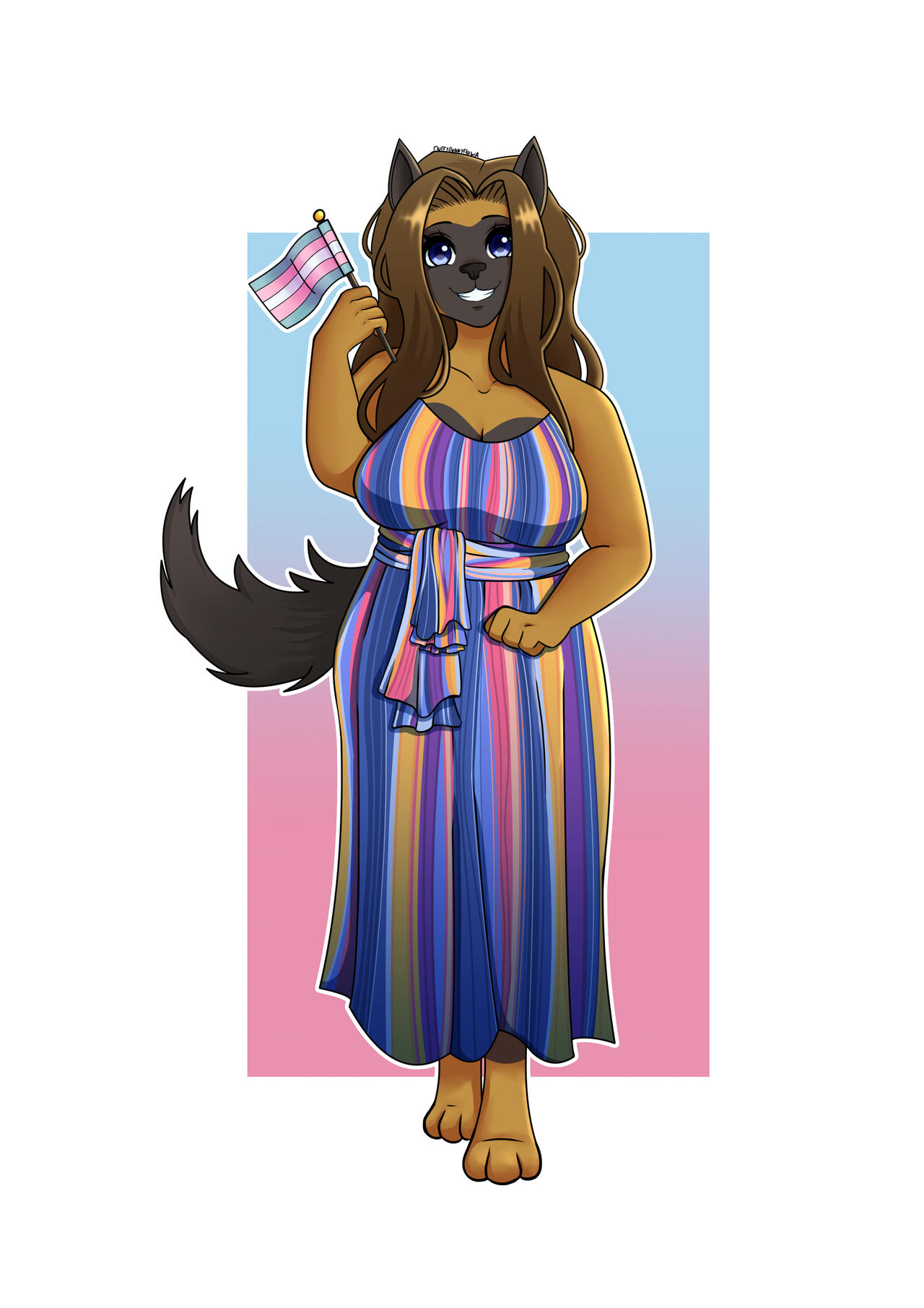Species
Much like in
common, the names of the various specific species of dragons, particularly
metallic dragons and
chromatic dragons, are simply the word for "dragon" ("darastrix") modified by the color descriptor matching its scales. This adjective can be placed before or after the word dragon, much like any modifying phrase. For example, "ulhar darastrix" and "darastrix ulhar" would both mean "blue dragon," but in the latter example, there would probably be another adjective in front of "darastrix" that the speaker felt was more important to emphasize than its species, such as "*vorel* darastrix ulhar" ("[incredibly] beautiful blue dragon").
It is also worth noting that, while "darastrix" is usually translated as "dragon," its meaning is closer to the term "true dragon."
- metal = kovgam
- bronze = aujir
- copper = rach
- gold = aurix
- silver = orn
- color/chromatic = kluchuduun
- black = vutha
- blue = ulhar
- green = achuak
- red = charir
- white = white
- (true) dragon = darastrix
- drake = belikr
- wyvern = chidrag
- dragonborn (lit. "dragon's descendent") = silastrix
Alignment
One quirk of draconic is that the words to describe the subjective quality or desirability of something ("good" or "bad") are the same words used to describe the intrinsic nature of something ("good" or "evil").
Thus, a good-aligned gold dragon would see "malsvir" ("bad") as an insult, but an evil-aligned red dragon might take it as a compliment. However, if the red dragon called the gold dragon "malsvir," the gold dragon would assume the red dragon is complimenting them, but they would probably not be pleased by it.
For neutral-aligned dragons, "nogoorsa" ("neutral") is a compliment, and both "bensvelk" ("good") and "malsvir" could be seen as insults.
The connotation of these words can also be complicated if the speaker is good-aligned but from a typically evil-aligned species, evil-aligned but from a typically neutral-aligned species, etc. Thus, modern draconic uses the phrases "tisvelk" and "thric tisvelk" to make it more clear what they mean.
- bad/evil = malsvir
- neutral = nogoorsa
- good = bensvelk
- subjectively bad or undesirable = tisvelk
- subjectively good or desirable (lit. "not [subjectively] bad") = thric tisvelk
Insults
Draconic insults usually target one's character or one's bloodline.
The pride of a dragon makes even the smallest questioning of their character seem like a grave insult. Some dragons have killed other creatures over something as simple as calling a dragon "pothoc" ("stupid") or "faessi" ("coward"/"cowardly").
Dragon put a lot of importance on simply being a "darastrix" ("[true] dragon"), and the "draconic races" (reptilian races with various levels of legitimate claims to having draconic ancestors) similarly like to boast how closely related they are to the true dragons. Thus, questioning the purity of one's dragon bloodline is usually the biggest insult one can make in draconic.
The words "nou'ara" ("half-breed") and "silajir" ("half-blood") are mostly used as insults towards true dragons, implying their lineage may partially come from some other reptiallian creature. A trend among some non-dragonic/non-reptillian races, particularly elves, orcs, and other races with a disdain for half-breeds, is to use the word as a similar insult.
"Thric darastrix" ("not a dragon") is the worst things you could say to any creature claiming to have even the slightest bit of draconic heritage. A more moderate variation is to call such a creature by the name of a species with a less pure bloodline, such as addressing a dragon as a wyvern or drake. Many dragonborn are particularly offended if they are called kobolds.
Some more reasonably dragons will not be as insulted if a non-dragon (or even some draconic creatures) uses these phrases, especially if they assume that such creatures are simply uneducated and ignorant of their insulting connotation. However, stressing both the first and last syllable of the insulting word—"*thric* darastrix" instead of just "thric darastrix"—leaves no doubt that the speaker intends to insult the person they're talking to.






Now this is a truly fascinating con-lang post. I always enjoyed the idea of draconic, which I imagine as latin when I play D&D ^-^ In one paragraph you write:
as you may notice, you wrote malsvir, then masvir, but I think you wanted to write malsvir or masvir twice, do I see that correctly? Or does "masvir" mean "good"? It says you are a guild member in the discord, is that correct? So you should have access to CSS. Adding this code would collapse the sidebar for this article, which is empty and does your formatting a disservice, so consider using it ^-^ Note: this code exclusively targets this article and no other. Great Article!Good catch. It should've been "malsvir" throughout the whole thing. I'm not very familiar with the CSS functions of WorldAnvil. Do I paste that into the "Cascade Stylesheets (CSS)" section of my world's Configuration page? And if I later add stuff like Common Phrases, will the side-bar come back?
Yes, you add it into that section of your world's configuration page. It won't come back on its own, only when you remove the code again. here, insert it like this:
That way it will be easy to spot when you do ^-^ If you'd rather fill out the sidebar: article blocks are a great way to sequester away some space for a lot of value, they are like extra stylish links to other articles.ooof, WA removes this in the comment that's why it looks the same! around the code you can add: / *------Remove this code block to restore the sidebar to the article called "Draconic"------* / / *------End of code block------* / just remove the space between / and * and it'll be a comment around your code ^-^